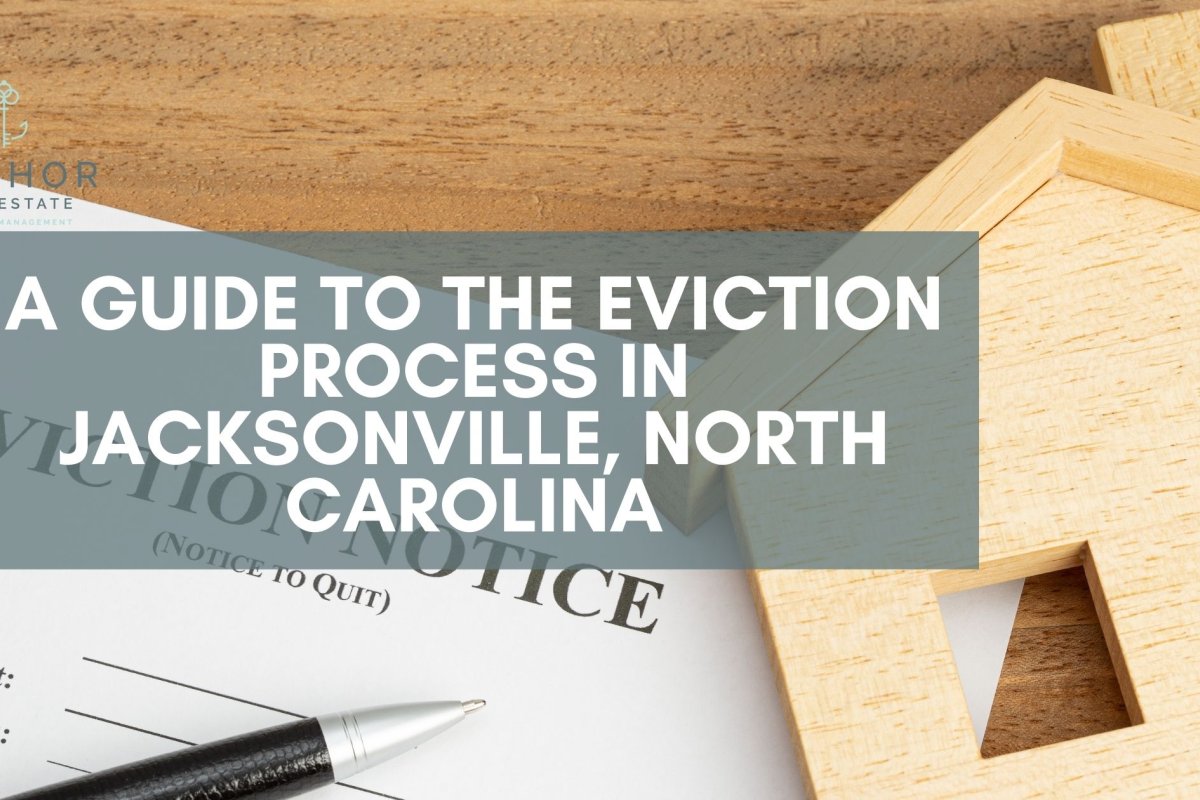The landlord-tenant laws in North Carolina give landlords certain rights, one of them being the right to evict a tenant for violation of the lease agreement.
A successful tenant eviction requires strict adherence to the law. This means you cannot take matters into your own hands by turning off heat or electricity, removing the front door, or changing the locks. These are all forms of “self-help” evictions and are illegal.
Whether you’re a new landlord or you’re looking to learn more, here’s a basic overview of the North Carolina eviction process.
Legal Reason
To start the eviction process, you need a legal reason. In other words, you cannot evict your tenant because you no longer like them. Legal reasons to evict a tenant in North Carolina include:
- Failure by the tenant to pay their rent
- Habitual late rent payment by the tenant
- Gross violation of the lease agreement
- Engaging in illegal activities
- Causing excessive property damage. For instance, holes in walls or burns on carpet.
Once you identify one of these reasons the next step in the process is to serve the tenant with an eviction notice.
Eviction Notices
An eviction notice is a legal document that a landlord sends to a tenant to notify them that their eviction has begun. Generally speaking, it tells the tenant two things, the reason for the eviction and the course of action to take.
The following are the various types of eviction notices in the state of North Carolina.

1. Nonpayment of Rent
This is one of the most common reasons for eviction in North Carolina. According to the statewide statutes, rent becomes late a day after it’s due. If you offer any grace periods, you must address them in your lease or rental agreement. Note, however, that late rent fees can only apply after 5 days lapse.
Once rent becomes due, you must give your tenant a grace period of at least 10 days before commencing the eviction. If the tenant doesn’t pay rent by the end of the 10 day period and remains on the premises, you may proceed with their eviction.
2. Illegal Activity
You may evict tenants who engage in criminal activities at your rental property. In North Carolina, illegal activity is defined in two ways. The first definition is a criminal activity that affects the safety and health of other tenants. The second definition is the illegal use, possession, manufacture, and sale of controlled substances.
Unlike nonpayment of rent, you don’t have to give your tenants an option to ‘cure’ their violation. You can move directly and file a complaint in the appropriate court.
3. Lease Violations
You can also evict your tenant for failing to uphold the terms of the lease agreement. You don’t have to give your tenant an eviction notice for this.
Common lease violations under this category include:
- Exceeding the rental limit
- Keeping a pet when the pet policy doesn’t allow it
- Causing excessive property damage
Unlike in some other states, you can...
]]>
